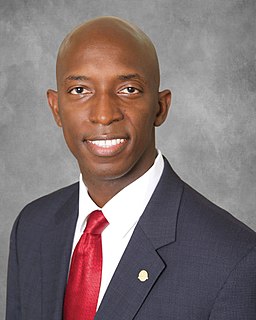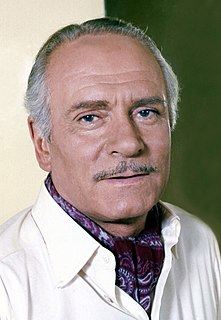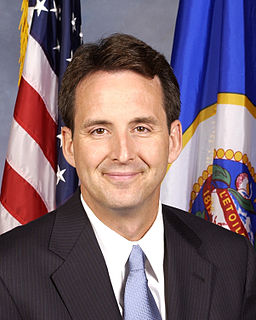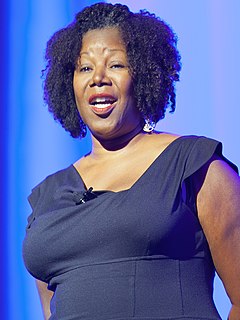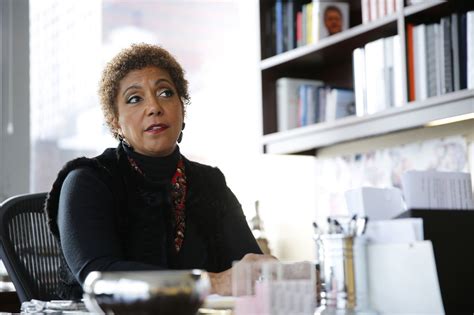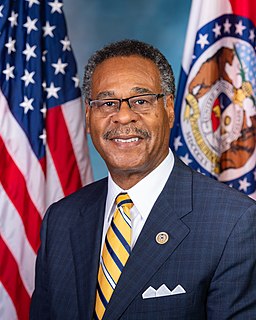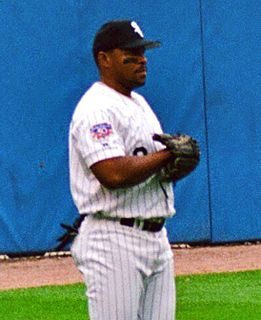A Quote by Wayne Messam
Not that long ago - in my parents' lives, in fact - actors in minstrel shows wore blackface to mimic and mock African Americans. These performances were based in contempt and gave people an opportunity to act out their prejudices.
Related Quotes
We forget the conditions - not only in slavery - but after slavery, when there was this purposeful locking out of African Americans from economic opportunity. Or we forget today's incarceration rates, and educational and housing discrimination; all of these things. We pretend that everything that has happened happened long ago, and then we act as if we all now just treat each other equally, everything will be fine.
The Republicans had their shot not long ago to address the real needs and concerns of everyday Americans, and they blew it. I think that's mitigated by the fact that we had a terrorist incident, there is a war, and there was a lot of proper focus on those issues, but over the time that they were there and had the leadership opportunity, they blew it. We got fired for a reason.
Today there are more African-Americans under correctional control, in prison or jail, on probation or parole, than were enslaved in 1850, a decade before the Civil War began. There are millions of African-Americans now cycling in and out of prisons and jails or under correctional control or saddled with criminal records. In major American cities today, more than half of working-age African-American men either are under correctional control or are branded felons, and are thus subject to legalized discrimination for the rest of their lives.
We know that there were so many Japanese American soldiers in World War II who were fighting in Europe despite the fact that their families, their parents were back home in American prison camps. It's savagely ironic that between themselves and the African-American soldiers, who were also segregated and didn't see the fruition of the work the culminated in the Civil Rights Act until the '60s, that these American heroes and their stories are not well known; and the fact that the 442nd/100th became the most decorated unit in U.S. history.
Most Americans who made it past the fourth grade have a pretty good idea who Thurgood Marshall, Rosa Parks, and Martin Luther King, Jr., were. Not many Americans have even heard of Alice Paul, Howard W. Smith, and Martha Griffiths. But they played almost as big a role in the history of women’s rights as Marshall and King played in the history of civil rights for African-Americans. They gave women the handle to the door to economic opportunity, and nearly all the gains women have made in that sphere since the nineteen-sixties were made because of what they did.
The magazines were born out of a need that my parents saw: that there were no magazines that really spoke to black people. 'Ebony' wrote about architects and artists, the share cropper who sent his nine kids to college, real African Americans at a time when everyone else only covered them as entertainers and athletes.
We read our mail and counted up our missions In bombers named for girls, we burned The cities we had learned about in school Till our lives wore out; our bodies lay among The people we had killed and never seen. When we lasted long enough they gave us medals; When we died they said, "Our casualties were low." They said, "Here are the maps"; we burned the cities.
There were so many Cuban-Americans upset that we were going to Cuba and I was curious to see why they were so angry, and anti-Castro. I found out as soon as we got there. The people were treated terrible. The conditions were terrible. I can see why people risk their lives and limbs to get out. (Fidel Castro) lives like a king and won't help anybody, and has everybody scared to death. Nobody lives a normal life. It was still a good experience, but I thought we should just play that one game.
